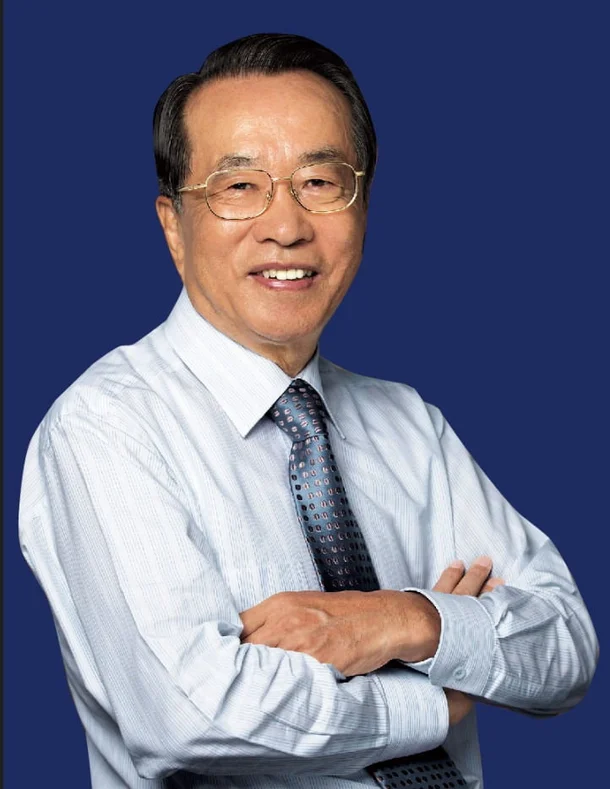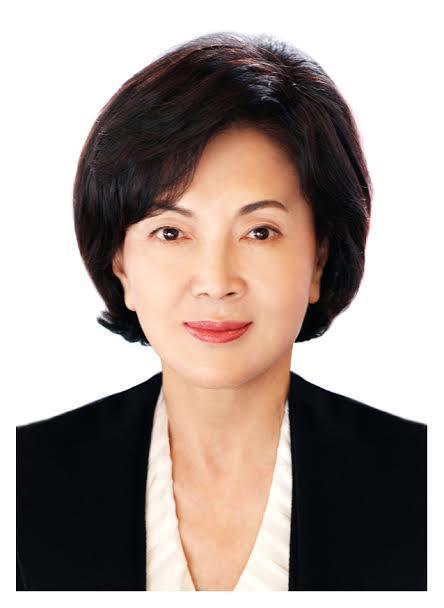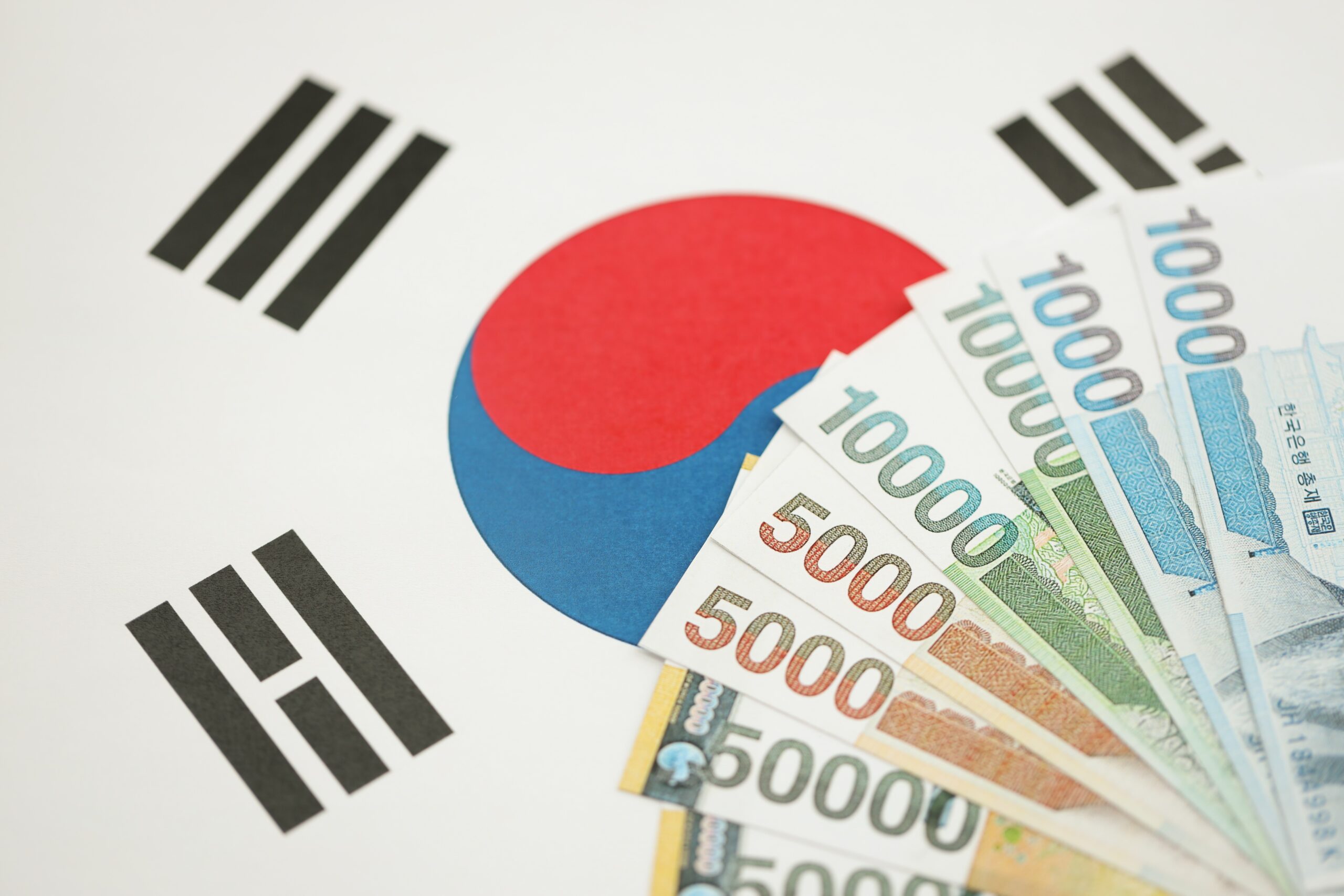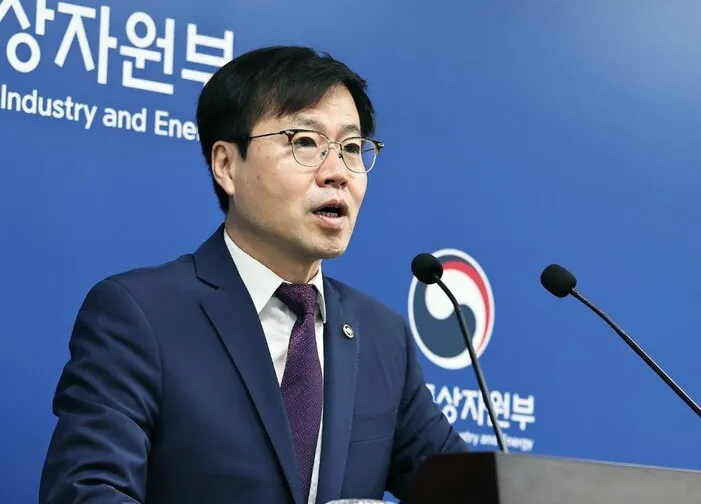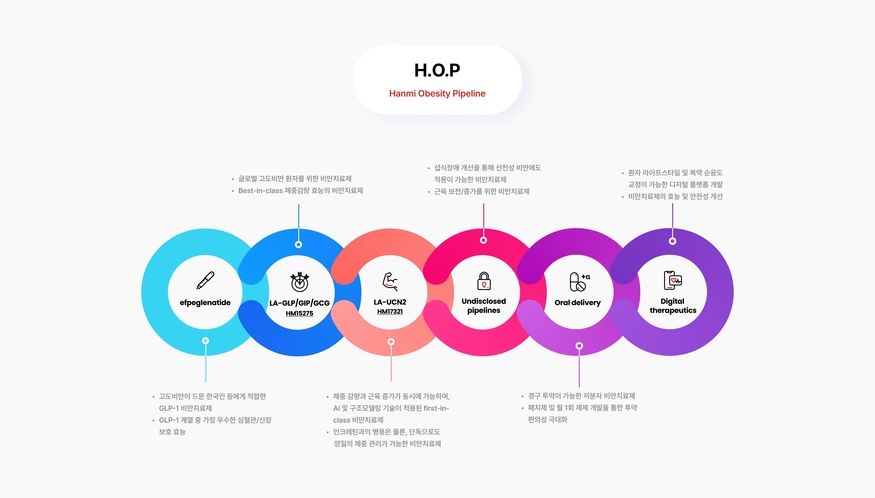
South Korea is turning the upcoming Asia-Pacific Economic Cooperation (APEC) Summit into a strategic stage for global investors, positioning itself as a hub for trade, technology, and corporate collaboration in the region.
With leaders from 21 economies gathering in Gyeongju later this month, Korean businesses are taking center stage to demonstrate the country’s economic potential and strategic relevance for international markets.
Corporate heavyweights are leading the charge. SK Group Chairman Chey Tae-won, who also heads the Korea Chamber of Commerce and Industry, recently visited Beijing to secure Chinese corporate participation, meeting senior officials including Vice Premier He Lifeng.
With China expected to send a 100-member business delegation, the outreach highlights the scale and significance of South Korea’s role as a business gateway in Asia-Pacific trade.
The CEO Summit component of APEC, scheduled for October 28, will host executives from global tech leaders including Nvidia CEO Jensen Huang and OpenAI CEO Sam Altman.
Their presence signals U.S. investors and multinational corporations are closely monitoring South Korea’s ability to connect major economies, promote tech innovation, and offer market access for high-growth sectors such as semiconductors, AI, and renewable energy.
South Korean companies are leveraging the summit to showcase products, services, and sustainable solutions to global decision-makers.
LG is running a worldwide advertising campaign promoting APEC, with billboards across Times Square, London’s Piccadilly Circus, and Seoul.
Hyundai Motor Group will provide electric vehicles for ministerial meetings, emphasizing the country’s focus on green technology and corporate responsibility.
These moves signal that Korea is not just a meeting host, but a market-ready environment for investment and international partnerships.
For U.S. and international investors, the APEC Summit offers insight into Korea’s strategy of blending diplomacy with economic opportunity.
By aligning government policy, multinational partnerships, and local corporate expertise, South Korea is creating avenues for foreign investment in advanced manufacturing, clean energy, AI, and technology-driven sectors.
Analysts see the summit as a launchpad for deals, joint ventures, and cross-border collaborations that could shape the next decade of Asia-Pacific commerce.
With its combination of political engagement, corporate mobilization, and high-profile international participation, South Korea is signaling that it is open for business.
For investors seeking exposure to a region at the forefront of technology, trade, and innovation, the Gyeongju meetings underscore Korea’s strategic position as a bridge between East and West, offering unique opportunities to access fast-growing markets and influential decision-makers.






